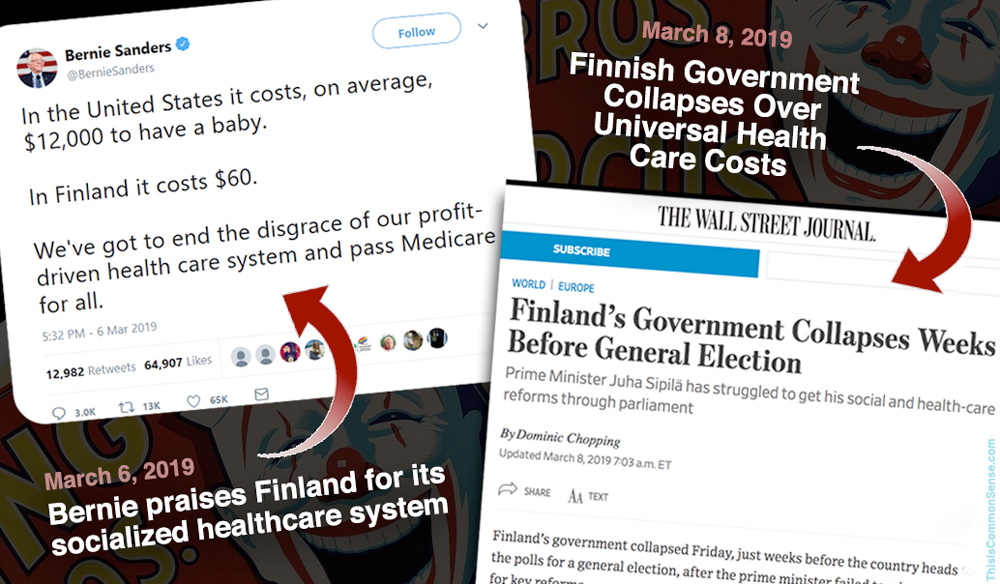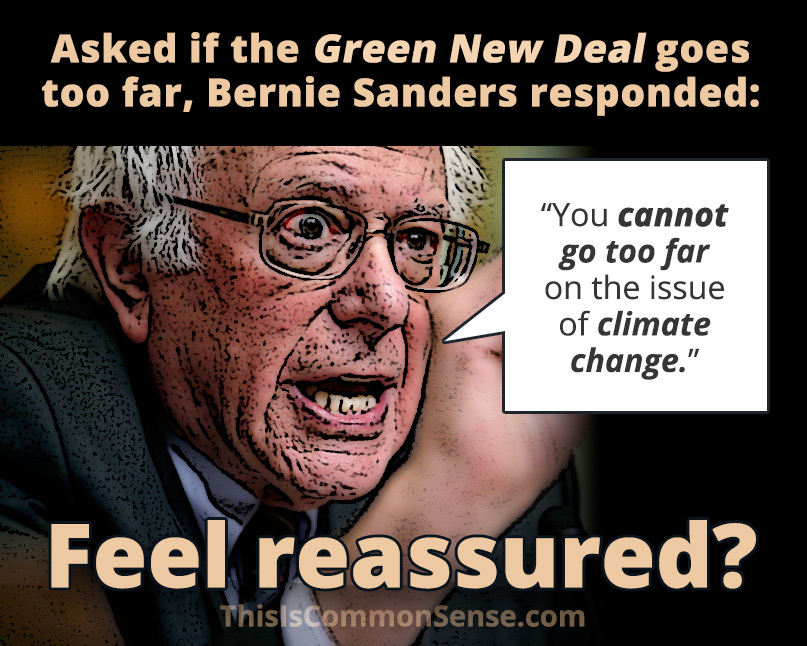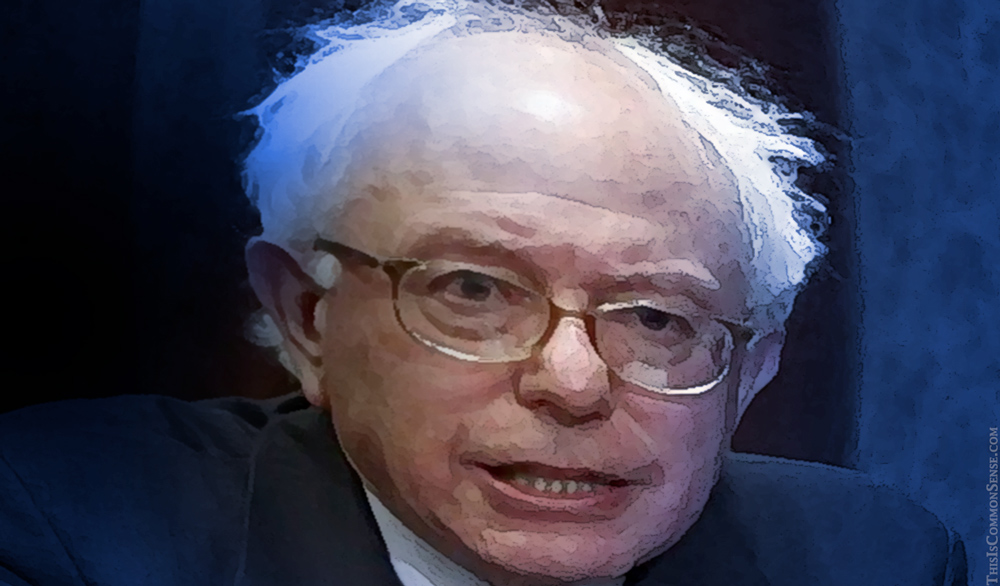Finland’s government-run health care system is a mess.
This normally wouldn’t faze me much. I have to navigate our American mess, er, system. But Finland’s medical service delivery system is relevant to Americans — as is Denmark’s and Norway’s and Sweden’s — because the current crop of Democratic presidential hopefuls tout these “Scandinavian socialist” programs as models to follow.
Yet Finland’s program is in crisis.
How bad is it?
Bad enough for Finland’s government to fold early, before an election, with Prime Minister Juha Sipilä throwing in the towel earlier this month. He had been struggling “to get social and health-care reforms that he made the cornerstone of his government’s four-year term through parliament,” The Wall Street Journal informs us. Finland’s health care system is somewhat decentralized, and that quality of service varies district by district. Silipä had been trying to centralize administration while also allowing for some privatization.
Left-leaning parties have balked at this, hence the impasse.
So, what is the lesson? A medical delivery system should be anti-fragile, capable of functioning despite incompetents or corrupt officials in government, despite voting blocs at loggerheads. A vast segment of the service industry should not be held in hock to the political machinations of special-interest groups.
Behind all of it, though, is the looming demographic crisis: the population of Finland, like here in America and throughout the First World, is aging. This puts heavy stressors on welfare-state systems run on a Ponzi-like re-distributive basis.* Of course costs will increase and service levels will fall, given how it’s all set up.
But once in place, government-run medical systems do not heal themselves.
This is Common Sense. I’m Paul Jacob.
* An endemic problem for socialists, which they try to ignore. See “Finland: Government Collapses Over Universal Health Care Costs, #Bernie2020 Hardest Hit.”

See all recent commentary
(simplified and organized)
See recent popular posts

















